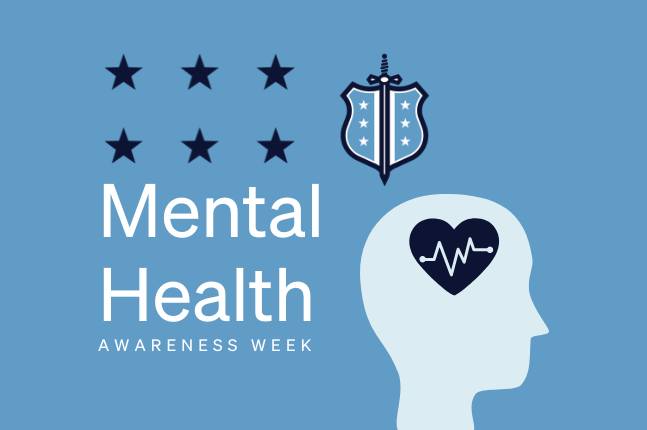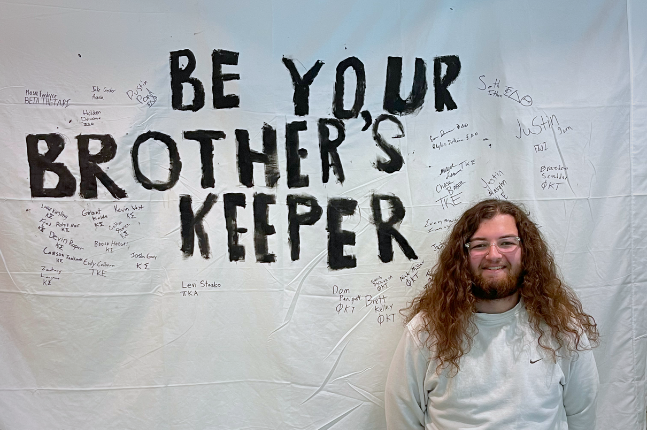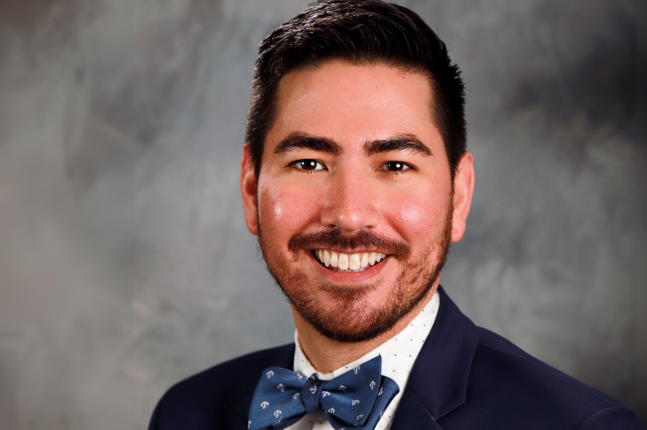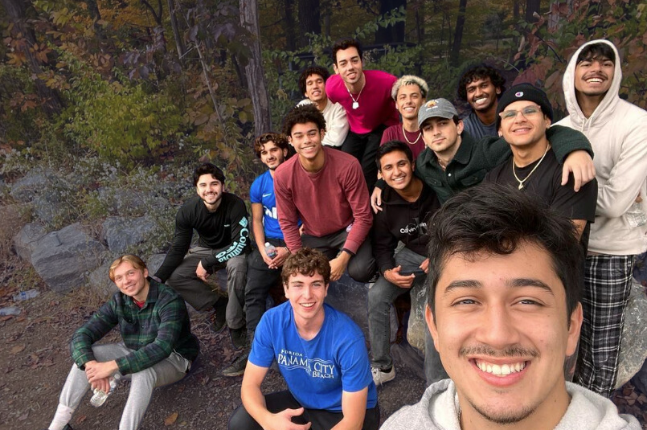Brother David J. Kovacovich, a devoted Phi Delta Theta volunteer and parent, shares his insights on fostering critical mental health conversations.
By: David J. Kovacovich, Arizona State ’97
Membership in Phi Delta Theta Fraternity means accepting a multitude of responsibilities on our journey to becoming the greatest version of ourselves. We prepare our members to differentiate themselves when entering the professional world, respect the communities that host them, and develop a moral compass to guide them through life’s challenges.
Our primary purpose, however, lies in being our brother’s keeper. While character strengthening and professional purpose prepare us for the future, our day-to-day responsibility is to ensure that every member of our organization feels genuinely protected in celebrating their individuality among the collective. Never is the premise of being our brother’s keeper more important than during National Suicide Prevention Week.
I am not a mental health professional. You’ll see a multitude of statistics published this week to validate the importance of mental health awareness. The intent of this post is simply to speak to each of you, brother to brother and person to person.
I joined Phi Delta Theta in 1992, a time when college-aged men saw vulnerability as a sign of weakness. Our primary duty to one another was to help divert feelings of vulnerability. It worked!
Today, our members have access to a plethora of resources for engaging in important conversations regarding mental health without feeling lesser for doing so. Our chaplain program has enabled growth in support for the mental health team and created a pathway to difficult conversations guided by brotherly support.
As an alumnus volunteer leader, my obligation starts with our undergraduate membership. I have dedicated thirty years of my life to assisting our college-aged members because I recognize the elevated character these young men bring to our Fraternity.
As a parent of a college-aged man, I cannot think of anything more valuable than sending my son off to a campus far from home to be welcomed by a society like Phi Delta Theta that provides instant human support in abundance. With the social challenges our children experienced during the COVID-19 pandemic, the overuse of screen time, and the collective discourse on differing social awareness, there has never been a more important time for fraternity life! There is no greater reassurance as a parent than knowing that my son is under the care of like-minded individuals, experienced in campus living. This is the true meaning of brotherhood.
During this week of mental health awareness, many resources will be brought to your attention. Simply being present for your brothers is a great first step. I have been fortunate enough to lead Phi Delta Theta’s Shaffer Honors College of Leadership for eleven years. Part of our programming involves active participation of members in peer groups to start open, honest, and transparent conversations involving seldom-spoken topics, including mental health. Starting the conversation at every chapter is key to inviting transparency and allowing our members to express themselves, especially in times of personal strife.
Programming is important. The resources are there for you, but we are all emotionally intelligent enough to understand when a brother is experiencing an unspoken challenge. Extending the olive branch of support to that individual is the first obligation of our brotherhood. We come together for the good of humankind, lending support as part of our membership privilege.
As we embark on another academic year, perhaps the greatest contribution you can make to your university community is being bold enough to simply engage any student in friendly conversation. It may be all they need to divert their personal struggle.
Be your brother’s keeper and lend your support to everyone on your campus!
Phi Delta Theta holds the health and safety of its members in the highest regard. Additional mental health resources are available in myPhiDelt. Together, we can be our brother’s keeper.
If you are in a crisis and need immediate support, please call or text 988 or TALK to 741741.





